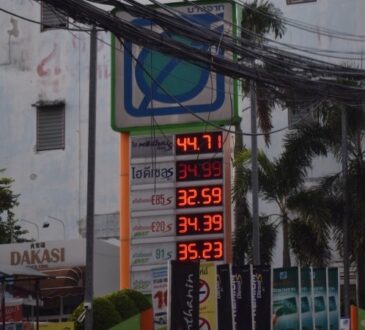BENGALURU: Indonesia’s rupiah hit a record low and its equities sank on Tuesday, as traders returned after an extended break to price in the impact of sweeping US tariffs that threatened to upend global trade and stoked recession fears.
Jakarta stocks were last down 7.6%, on course for their biggest one-day percentage fall since September 2011. The benchmark index had dropped more than 9% in early trading, triggering a 30-minute halt.
The rupiah fell 1.8% to an all-time low of 16,860 against the US dollar.
An official at Bank Indonesia said the central bank would continue to “intervene aggressively” to stabilise the rupiah.
Indonesian markets, which were already pressured due to concerns over the country’s fiscal policy and government policies, reopened on Tuesday after closing on March 27, during which time US President Donald Trump’s tariff announcements roiled global markets.
Six of the nine Southeast Asian countries listed by Trump were slapped with tariffs of between 32% and 49%, which were much bigger than expected.
“The IDR weakness is just playing catch-up to the recent declines seen in other Asian currencies but there is a bit of a restraint to some extent partly because of the little developing stability in the RMB and a softer dollar,” said Christopher Wong, a currency strategist at OCBC, referring to the rupiah and Chinese yuan.
“Even though IDR is considered a more domestic currency and typically should be less affected with the trade wars, the slightly softer fundamentals… may still weigh on the currency.”
Most other regional stock markets extended losses as the escalating tariff war showed few signs of dying down, keeping investors on edge.
Trump said he would further increase duties on China in response to the latter’s decision to match the 34% duties he unveiled last week.




